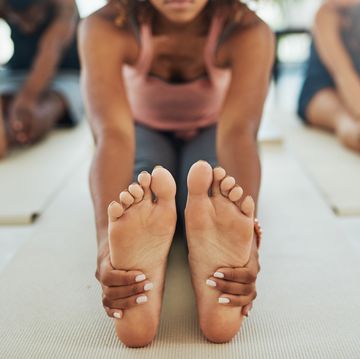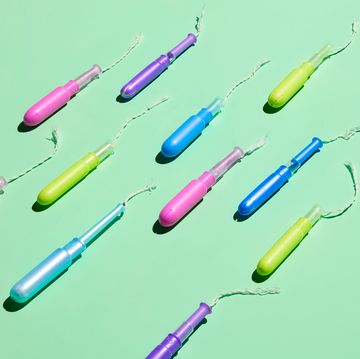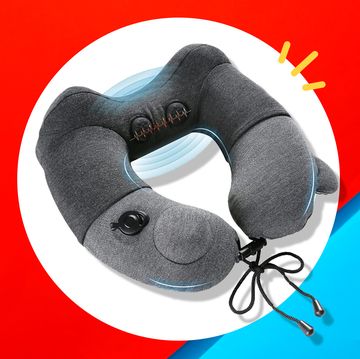Maria Menounos Shares Never-Before-Revealed Details About Life After Her Brain-Tumor Diagnosis
"It's freed me of all that anxiety of having to be perfect."
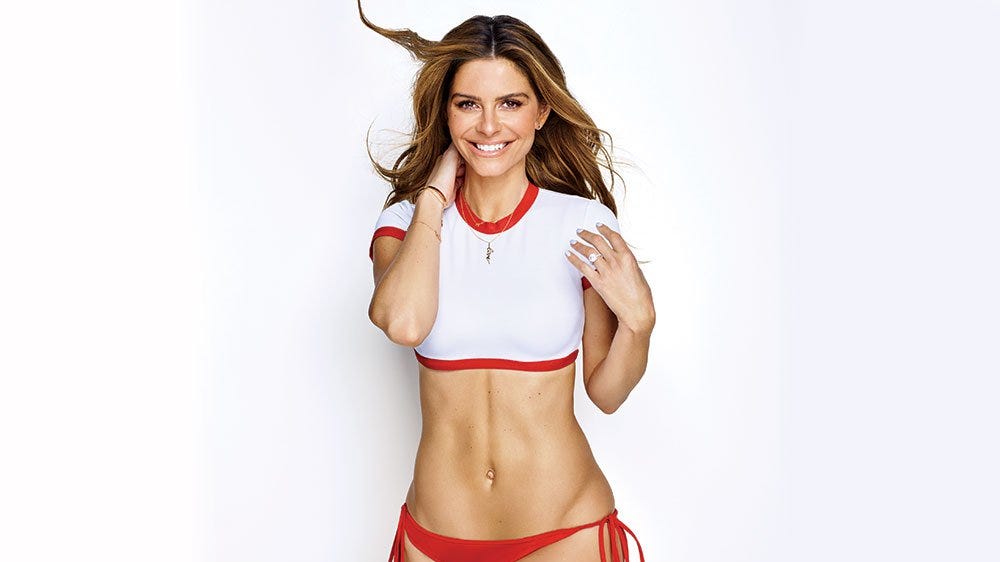
At the time of her cover shoot for Women's Health, Maria Menounos is four months out from having surgery to remove a brain tumor the size of a golf ball, and she's still dealing with the aftereffects. While being photographed on a Malibu cliff overlooking the Pacific Ocean, the 39-year-old TV and radio host is suddenly overcome with dizziness—and worry. Is it altitude sickness, she wonders, or something worse? She excuses herself, sets off to find a quiet spot, and closes her eyes.
"Normally I'd soldier on," Maria says a few hours later, chilling on a chaise. "But I needed a break." She scoops up her hair and gently rubs her scalp behind her right ear where her surgeon made an incision she compares to "a long cat scratch." "Whenever I'm not feeling well, I'll feel my scar to remind me to slow down." Easier said than done for an overworked, overscheduled, self-described "superachiever" who, until recently, has known only two speeds: fast and faster.
As the sun dips lower in the sky, the Medford, Massachusetts, native kicks off her bronze slingbacks and begins reflecting on the past two tumultuous years. In March 2016, her boyfriend, TV writer-producer Keven Undergaro, 51, proposed on The Howard Stern Show. The two had been together nearly 18 years and had occasionally talked about getting hitched, "but we just got so busy," she explains. The engagement came as a surprise and "rejuvenated everything—it was like the beginning of the relationship again. We were hit by this love bomb!"
That wasn't the end of the bombs, though, and the two that followed were seismic in a different way. Five months after Keven's proposal, Maria's mother, Litsa, was diagnosed with stage IV brain cancer. Then, eight months later, in April 2017, an MRI revealed that Maria also had a brain tumor. Although hers turned out to be a benign form called a meningioma, it still required major brain surgery.
Fortunately, Litsa's condition has since stabilized. For Maria, recovery has been frustratingly slow; it was several weeks before she felt steady enough on her feet to walk just one block from her home to the nearest Starbucks. But the forced bed rest brought unexpected, life-changing epiphanies. Maria had endless hours to take an unflinching look at the person she'd become. Ultimately, she decided it was someone she no longer wanted to be.
"This whole thing has been such a gift," Maria says, tears filling her eyes. "This happened for a reason. I'm a communicator." By which she means, she intends to use her public voice to get a message out to other women: Give yourself as much TLC as you give other people in your life.
During the next 100 minutes, she cries freely and often, especially when recalling how her relentless drive to prove herself as an entertainment journalist and entrepreneur took precedence over focusing on her family, friends, even her own health. Her second-chance-at-life realizations, told here in her own words, prove the power of resilience.

7 Best Pillows For Back Pain, According To Editors
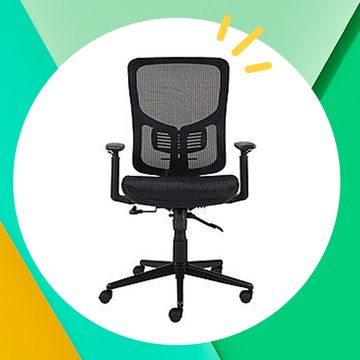
Found: Doctor-Approved Office Chairs For Back Pain
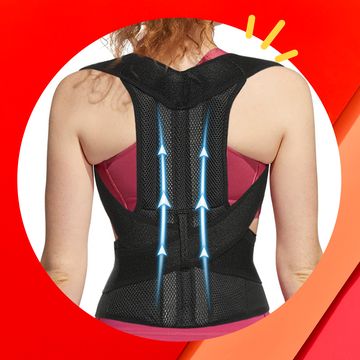
The 7 Best Posture Correctors, Tested & Reviewed
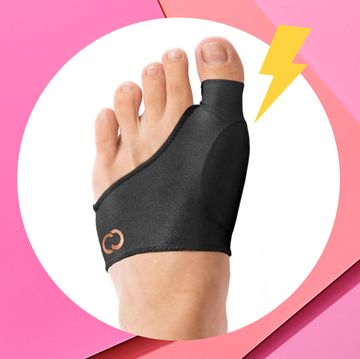
9 Top-Reviewed Bunion Correctors Of 2024,





